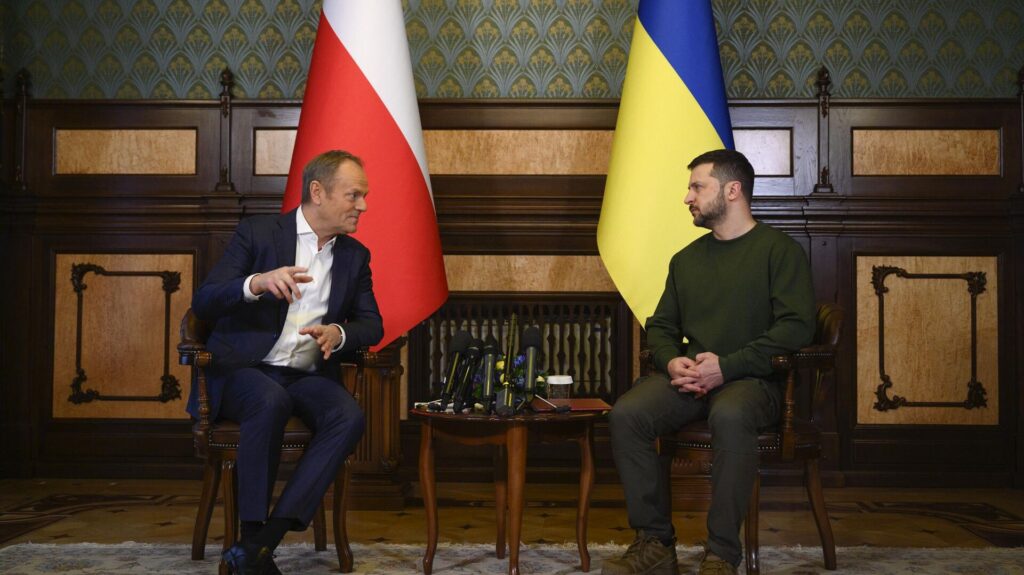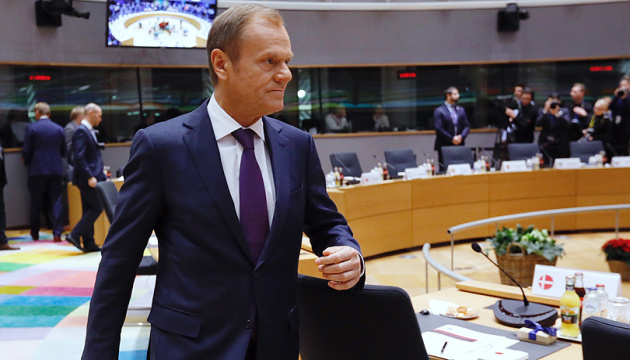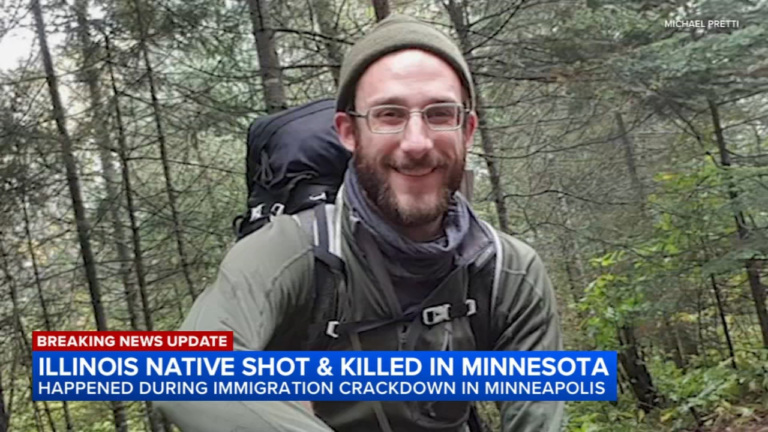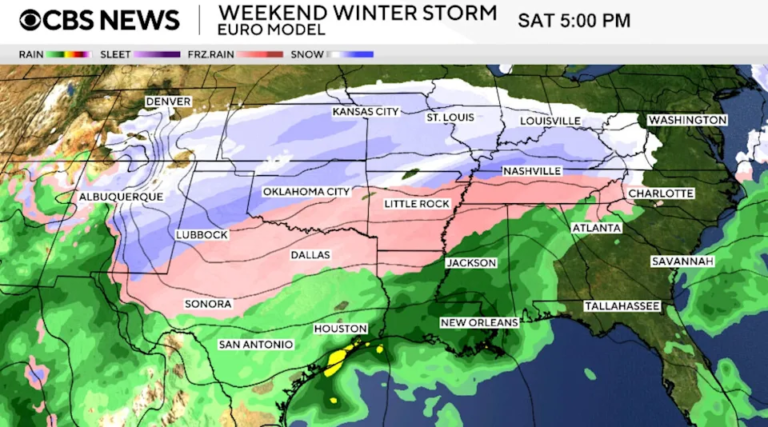Officials Hope Exhumations Will Strengthen Polish-Ukrainian Relations

(Donald Tusk and Vladimir Zelensky during a conversation)
Officials are hopeful that the upcoming exhumations in the Volhynia region will mark a significant step toward strengthening Polish-Ukrainian relations, which have long been overshadowed by historical disagreements concerning the tragic events of the Volhynia massacres.
Preparations Underway for Historic Exhumations
Both Polish and Ukrainian authorities are now working meticulously to coordinate the exhumations, following a landmark decision reached last month. The agreement between the two nations paves the way for the first bodies from the massacres to be unearthed, a move seen as both a humanitarian and diplomatic effort.
Remembering the Tragic Events of 1943
The massacres in Volhynia and Eastern Galicia, carried out in 1943 by the Ukrainian Insurgent Army (UPA)—a Ukrainian paramilitary force that collaborated with Nazi Germany—resulted in the deaths of an estimated 100,000 Polish civilians. However, the bloodshed was not limited to Poles alone. Historians document that members of several other ethnic groups, including Armenians, Jews, Russians, Czechs, and Georgians, also fell victim to the violence. These events remain a deeply sensitive and contentious chapter in the shared history of Poland and Ukraine.

Ukrainian Ambassador Confirms Key Development
In a significant development, the Ukrainian ambassador to Poland, Vasyl Bodnar, confirmed in an interview with TVN that “all permits have been issued” for the exhumation of a mass grave in Western Ukraine. This confirmation marks a major breakthrough in what has historically been a difficult process, with bureaucratic and political challenges slowing previous efforts.
Joint Effort Between Polish and Ukrainian Experts
Further affirming this progress, Poland’s Minister of Culture and National Heritage, Hanna Wróblewska, stated on Tuesday that a joint team of Polish and Ukrainian experts will oversee the exhumations. She specifically mentioned the village of Puzhnyky, where a burial pit was discovered in 2023, as the first site to be examined.
“At this moment, we have received permission and are preparing to [exhume] one place,” Wróblewska explained in an interview with RMF FM. She expressed confidence that several Polish institutions, including the Freedom and Democracy Foundation, the Institute of National Remembrance (IPN), and the Pomeranian Medical University in Szczecin, will collaborate closely on this historic effort. However, she emphasized that the initiative must remain a shared endeavor between both nations.

Springtime Set for the Start of Exhumations
While an exact start date for the exhumations remains undecided, both Polish and Ukrainian officials anticipate that the process will commence in the spring. Wróblewska indicated that April is a likely timeframe, though logistical details are still being finalized.
“When the teams go out together and start digging, then the public will know, and of course, we will communicate about it through the ministers of culture,” Bodnar stated, assuring transparency in the process.
Beyond providing the victims with a dignified burial and ensuring that their deaths are properly commemorated, Poland and Ukraine aim to use the exhumations as an opportunity for scientific research. Experts will analyze DNA samples to identify the victims, study their remains to determine their causes of death, and assess the extent of the violence they suffered.
Addressing Long-Standing Tensions

(Donald Tusk at European Union Summit ukrinform.net)
This multinational effort has the potential to alleviate long-standing tensions that have persisted between the two otherwise close allies. While Poland has officially classified the Volhynia massacres as genocide, Ukraine maintains a different perspective, arguing that the events were part of a larger, complex conflict in which both sides bear some responsibility. This fundamental difference in interpretation has, for decades, been a source of friction in Polish-Ukrainian relations.
Nevertheless, officials on both sides remain optimistic that these exhumations will serve as a catalyst for healing and deeper cooperation between the two nations.
Polish Minister Urges Patience Amid Negotiations
“We are negotiating with the Ukrainian side, and we are checking to see what we can change in the very complicated procedures, so that this process can now run more smoothly,” Wróblewska stated in a message posted on X.
She also urged patience and caution, warning against external attempts to manipulate the historical narrative. “I see good will on the Ukrainian side. Please be patient. Let’s not look for sensations. Let’s not give in to manipulation from any side.”
As the spring approaches, the world will be watching to see how this significant undertaking unfolds—both as a means of honoring the past and as a hopeful step toward a more unified future for Poland and Ukraine.


